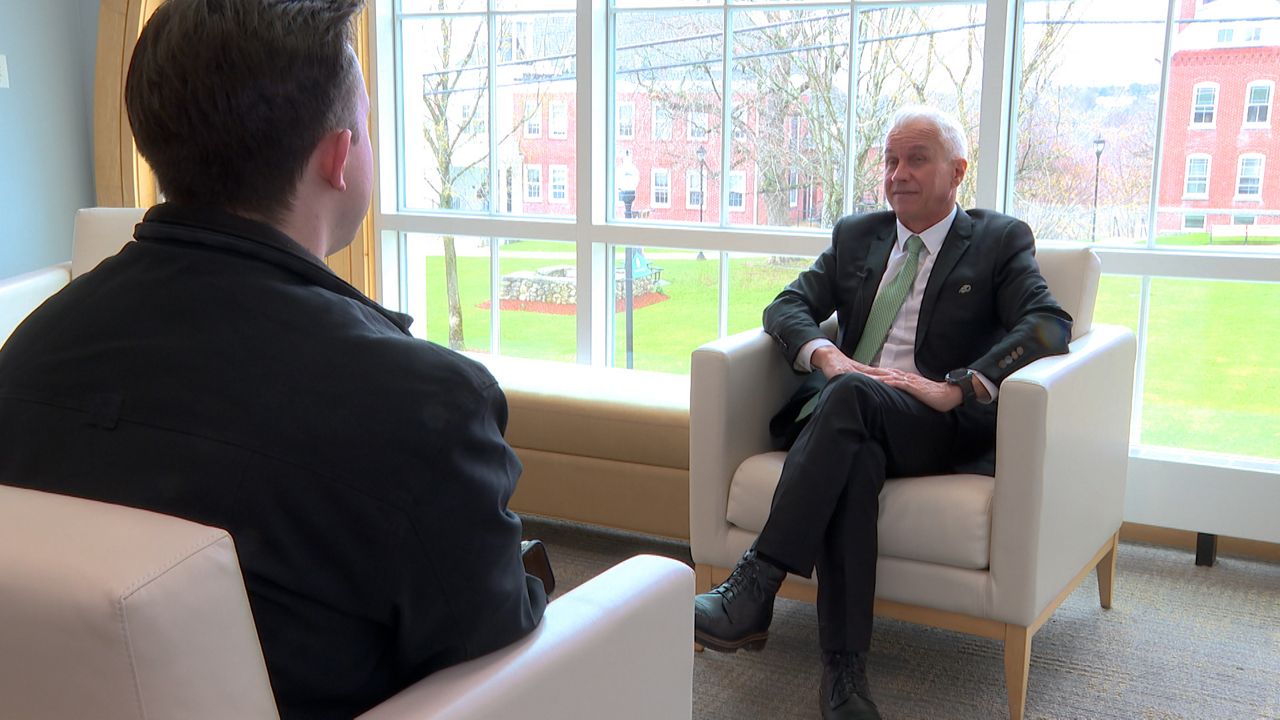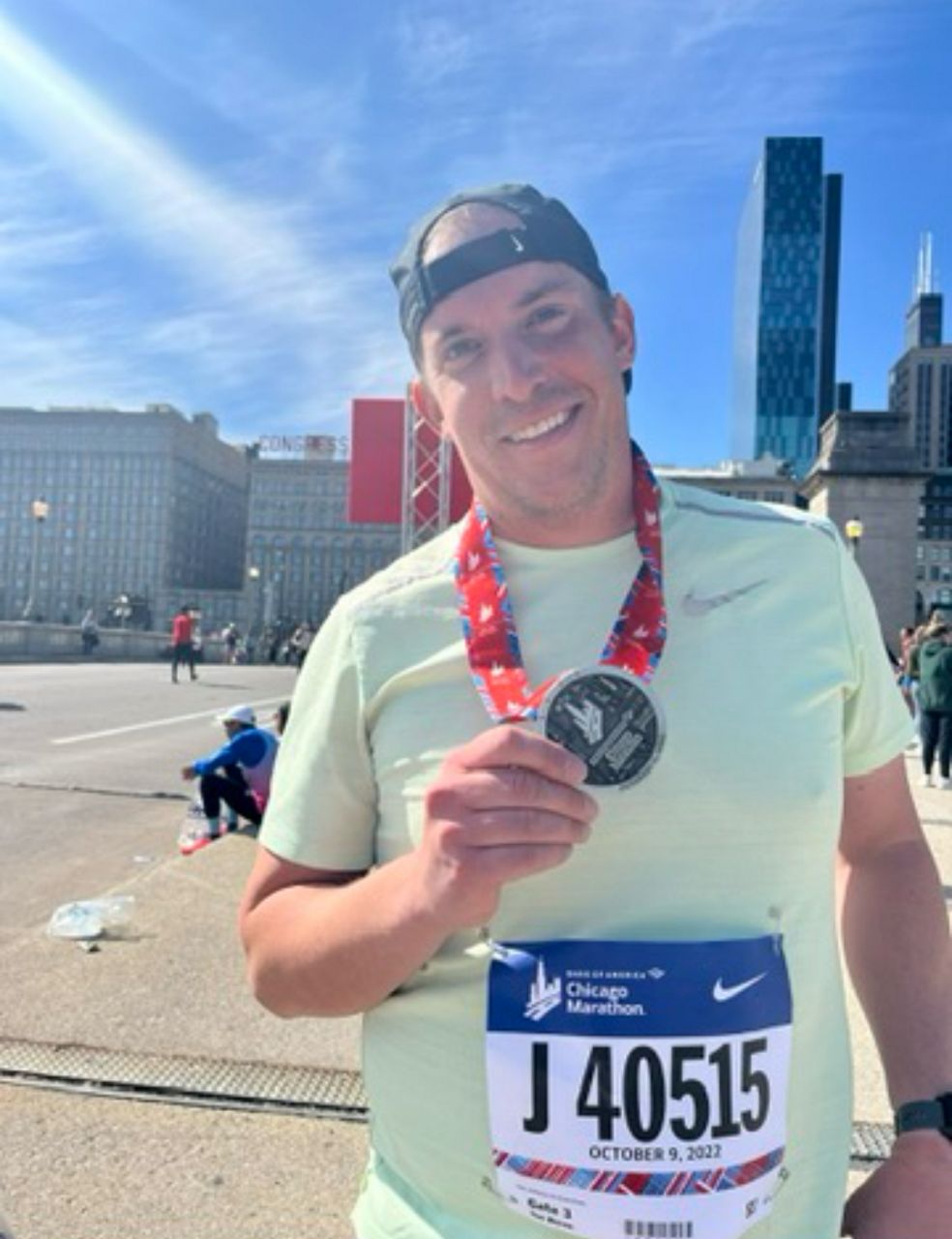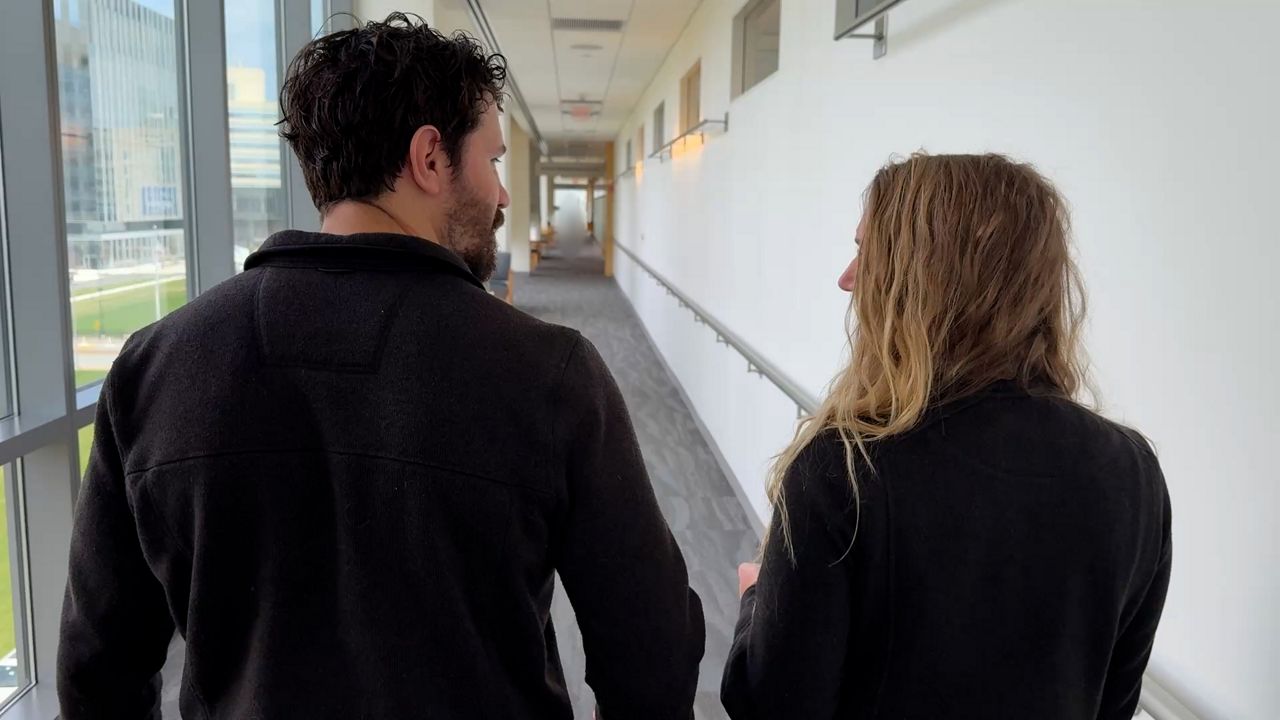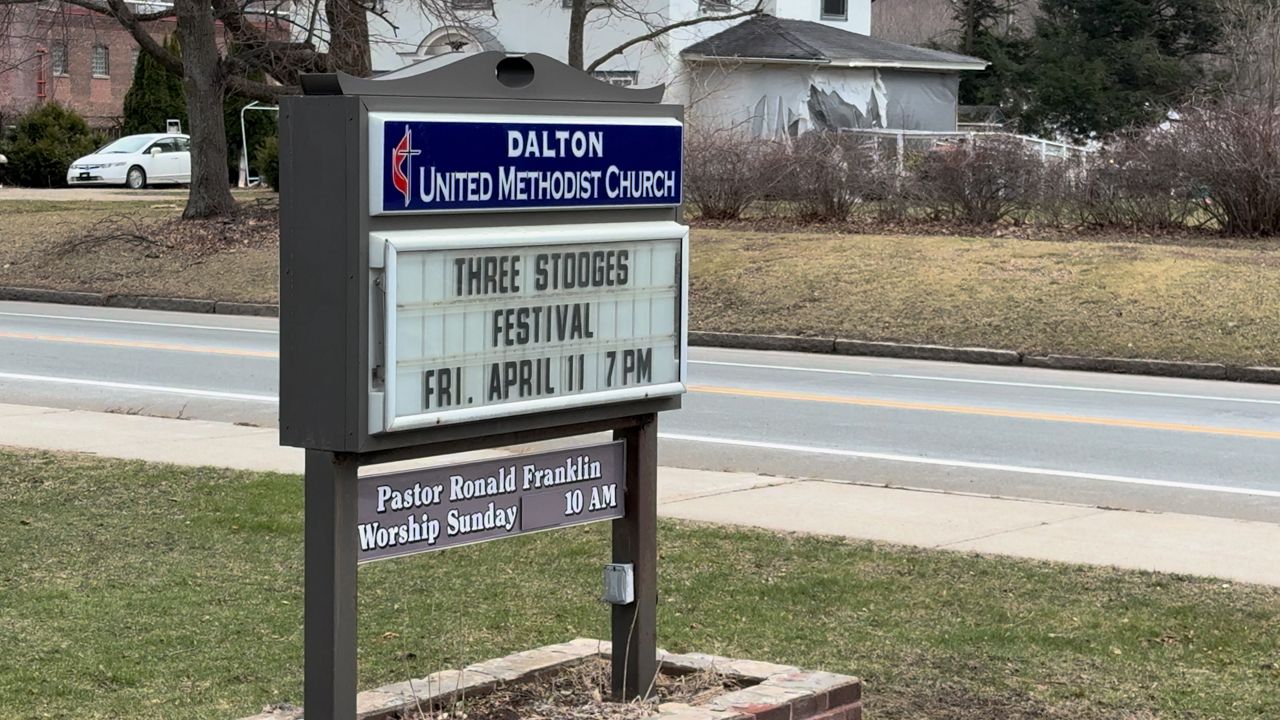WORCESTER, Mass. - Some of the brightest minds in biotechnology are at Worcester Polytechnic Institute for a three-day conference aimed at inspiring the next generation of scientists, including recent Nobel Prize winner Katalin Karikó, whose research helped pave the way for the development of the COVID-19 vaccine.
What You Need To Know
- Two Nobel Prize laureates gave lectures at Worcester Polytechnic Institute on Wednesday
- Katalin Karikó, whose research helped create the COVID-19 vaccine, detailed her unexpected rise to recognition
- She had been researching the development of mRNA vaccines for decades
- Prior to the COVID-19 pandemic, her work had relatively little recognition
For most of Karikó’s career, her research into the development of mRNA vaccines at the University of Pennsylvania scraped by with minimal funding, and was largely met with shrugs from the scientific community. As she pieced together what would later be considered groundbreaking technology responsible for saving millions of lives, her bosses saw a scientist toiling away for years with diminishing returns. She said they forced her into retirement.
“I could stay at home, but I felt that I still have something to offer,” Karikó said. “I left behind my family, I commuted to Germany for nine years, and the first three months, I was in an attic. Every day, I went to work, dressing from my suitcase. And, you know, I was 58 years old.”
Karikó’s success story doesn’t follow a traditional arc. By the time she was working in Germany, the research she’s currently getting worldwide recognition for had been done for years.
Everything changed when the COVID-19 pandemic began - her findings gave Pfizer and Moderna the head start needed to develop effective vaccines in less than a year. By the end of 2021, she was getting interviewed by TIME magazine.
“I got a lot of prizes in the last two and a half years, which never happened before," Karikó said. "High school was the last one until the next one I got in 2021. I was okay without any recognition because, you know, I knew what I was doing is good and I did not crave the recognition and being in the spotlight.”
It has now been two weeks since Karikó and fellow researcher Drew Weissman won the Nobel Prize in Physiology or Medicine for their work, and she said it’s still hard to believe.
“My trajectory was very different, you know, I was coming as a foreigner and then going down, down, down,” Karikó said.
Jean King, WPI Peterson family Dean in the School of Arts and Sciences, said Karikó’s appearance was inspirational for students and faculty alike.
“The grit that she had, the persistence that she had, her love of science, which is my love of science, which is our students love of science, to be able to understand when somebody's purpose and passion comes together,” King said. “It's really not about what you're doing. It's that you are doing what you need to be doing.”
Karikó was not the only Nobel laureate who spoke at the conference - Phillip Sharp spoke before her keynote, and received his prize in 1993 for co-discovering RNA splicing.










